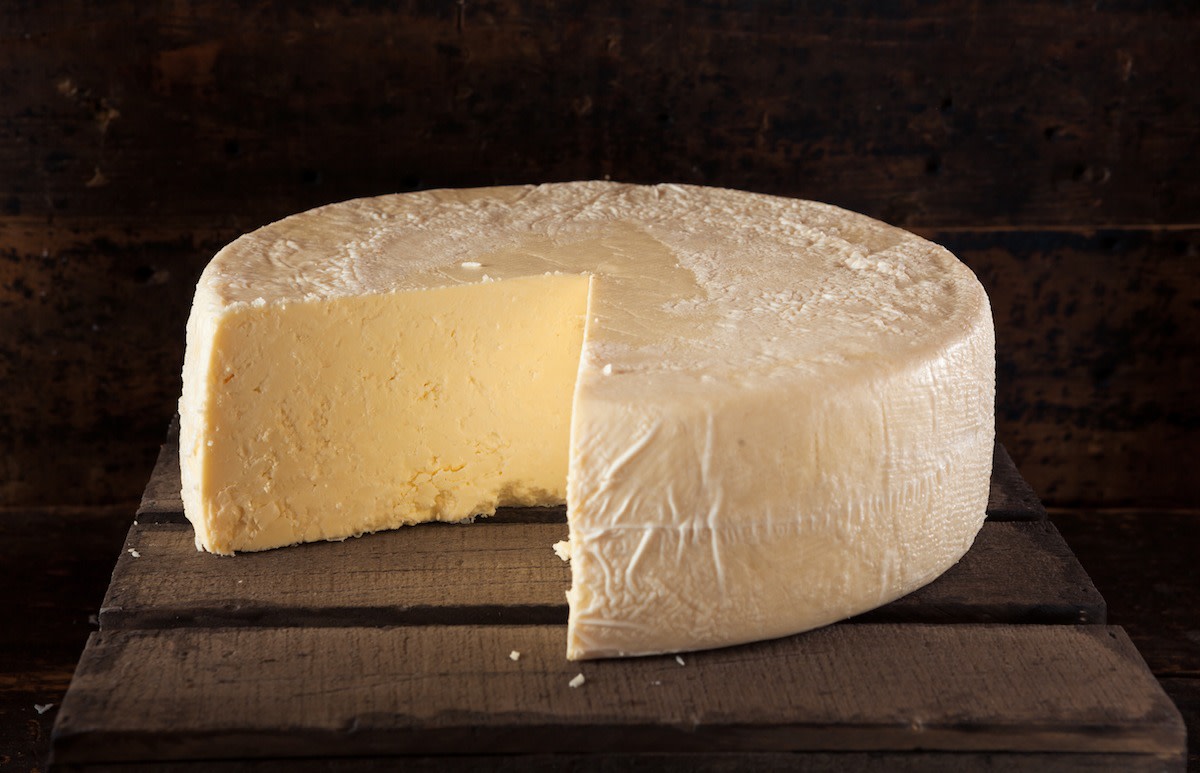Learn About Rennet: How to Use Rennet in Cheesemaking and Different Types of Rennet
Written by MasterClass
Last updated: Sep 30, 2021 • 2 min read
Cheese begins as animal milk—most commonly cow’s milk, although goat and sheep milk are also quite popular. In order to become cheese, the milk needs to solidify to varying degrees. Harder cheeses, from a medium-texture Swiss to a hard Parmigiano-Reggiano, require milk to congeal and harden. Rennet greatly assists in this process.
Learn From the Best
What Is Rennet?
Rennet is a mixture of enzymes, most prominently the protease enzyme chymosin, that thickens milk in the process of cheesemaking. Rennet by its nature is animal-based: it is produced in the stomachs of ruminant mammals (mammals possessing a special stomach dedicated to foregut fermentation). Vegetarian alternatives to rennet also exist, and they are sometimes used in the cheesemaking process.
What Is Rennet’s Role in Cheesemaking?
Rennet isolates cheese curds from liquid whey, and it causes those curds to clump together. It does this by targeting casein, the primary protein in milk. Enzymes affect the behavior of proteins, and in the case of rennet, it causes casein molecules to divide and re-coagulate into even larger clumps. Cheesemakers then remove the liquid whey as they work toward a final product.
What Are The Different Types of Rennet?
Today’s cheesemakers have four main options when sourcing rennet:
- 1. From animal stomachs. This is the oldest and most common way to source rennet. Ruminant animals possess multiple stomachs. Most stomach-derived rennet is taken from the fourth stomach of young, unweaned calves. These animals are not killed expressly for their rennet; rather they are killed for meat production (in this case, veal) and the rennet is a byproduct. Despite this, many vegetarians seek to avoid cheese made with animal-based rennet.
- 2. From fermentation. It is possible to make animal-style rennet without living mammals. Fermentation-based rennet is created by exposing certain bacteria, fungi, or yeasts to rennet-producing genes from animals. This induces these microorganisms to produce chymosin during their standard fermentation cycle. Many vegetarians who eschew stomach-based calf rennet are willing to eat cheese made with this form of vegetable rennet.
- 3. From plant enzymes. Plant rennet is not the same thing as animal rennet. It contains a different cocktail of enzymes, but these enzymes perform a similar function to the chymosin that anchors animal rennet. Thistle plants such as artichokes and nettles are used to produce plant rennet. This method is particularly popular in Portugal, and plant rennet is a key ingredient in iconic Portuguese cheeses such as Serena, Torta del Casar, Serra da Estrela, and Azeitao.
- 4. From molds and other microbes. Some microorganisms, such as certain mold species, will naturally produce enzymes that mimic the properties of chymosin. While these mold-sourced enzymes can theoretically be used in cheesemaking, in practice such a thing rarely happens. Microbial rennet is prone to bitter flavors that disagree with many people’s palettes. As such, cheesemakers tend to avoid it.
Do All Cheeses Contain Rennet?
Extremely soft cheeses, such as cream cheese and paneer, do not require rennet. Their coagulation is made possible via acids, such as vinegar, citric acid, or the lactic acid that naturally comes from milk.
Do Vegan Cheeses Contain Rennet?
Traditional cheese is made from milk and centers around the casein protein. Vegan cheese does not contain casein and as such, it does not require rennet. Like soft animal cheeses, vegan cheeses coagulate with the aid of an acid. Vinegar and lemon juice are popular vegan forms of acid.
Is Rennet Kosher or Halal?
Animal rennet is kosher if the animal is slaughtered, de-veined, salted and processed in accordance with kosher law. Similarly, if rennet comes from an animal whose flesh has been deemed halal, it too is halal.
Become a better home cook with the MasterClass Annual Membership. Gain access to exclusive video lessons taught by culinary masters, including Chef Thomas Keller, Gordon Ramsay, Alice Waters, and more.
